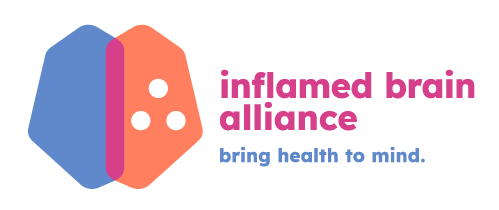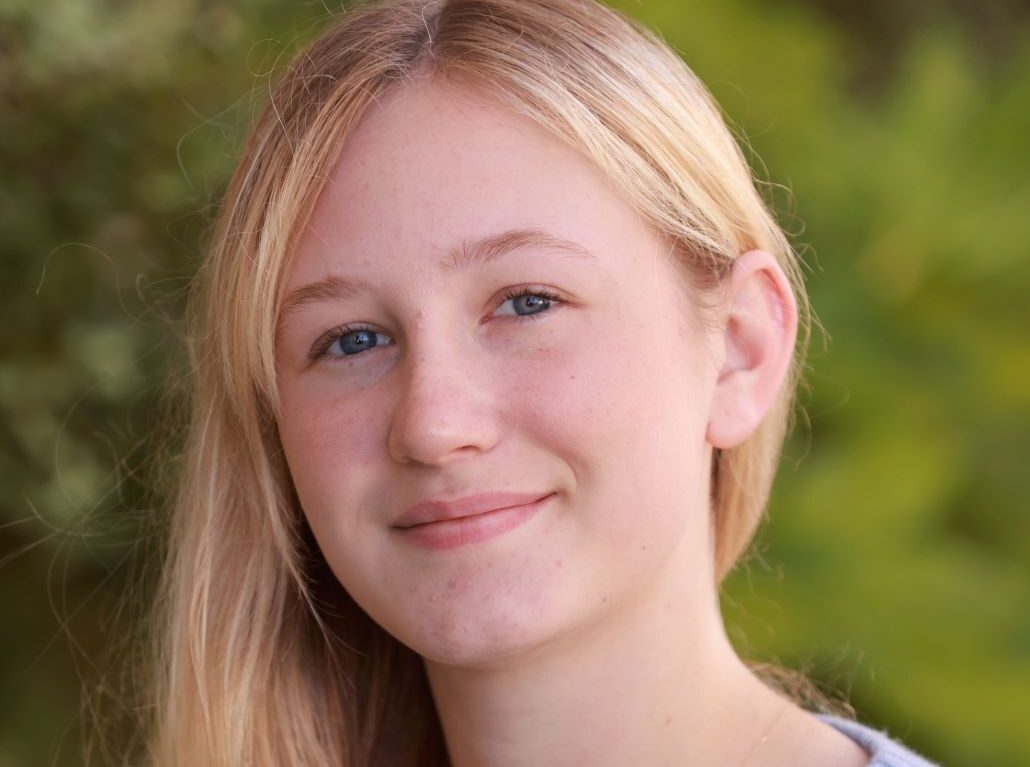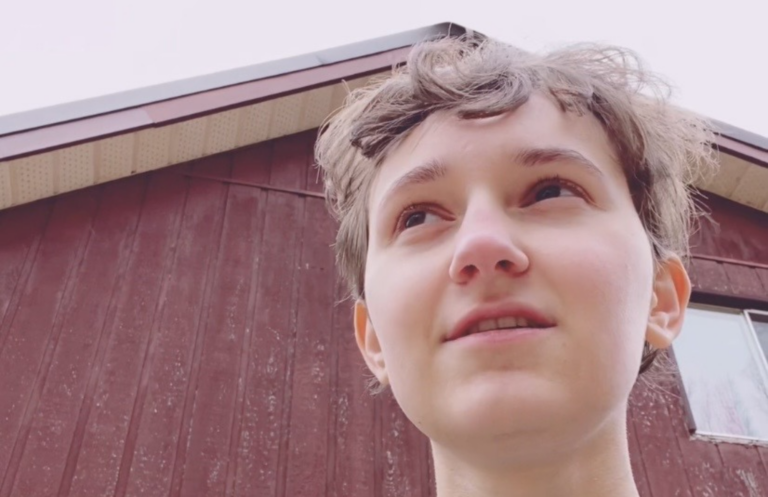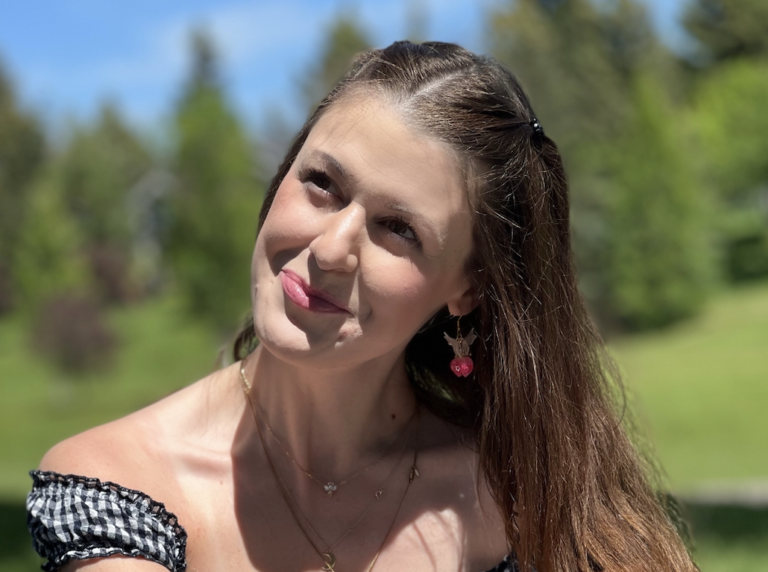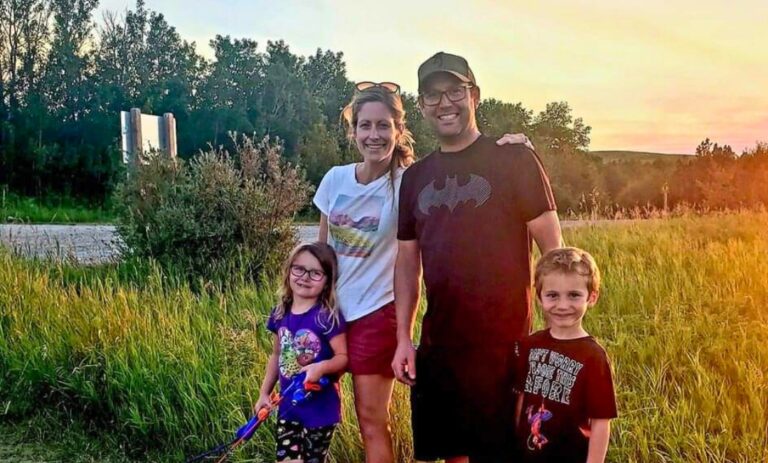Q&A with Summer Williams: A Childhood With Undiagnosed PANS/PANDAS
Q: Tell us about your background and how you came to develop PANS/PANDAS?
A: I am a San Francisco native and just graduated from high school. Ever since I was a little kid, I knew something was off, but I wasn’t sure what. I thought it was more of a matter of something being wrong with me than any true sickness, and as a result, I felt so much shame around my symptoms and behavior that it was hard to admit needing help.
I am still working to uncover the root cause of my PANS. As of now, I suspect strep, mold toxicity, or ear infections as the trigger, especially since I grew up with recurring ear infections without any obvious cause. I have struggled with PANS/PANDAS symptoms since I was about three or four years old (although the OCD and anxiety during this time was hard to separate from normal little kid behaviors). Now, I am eighteen, and have come so far, graduating high school with straight A’s. and amazing friendships.
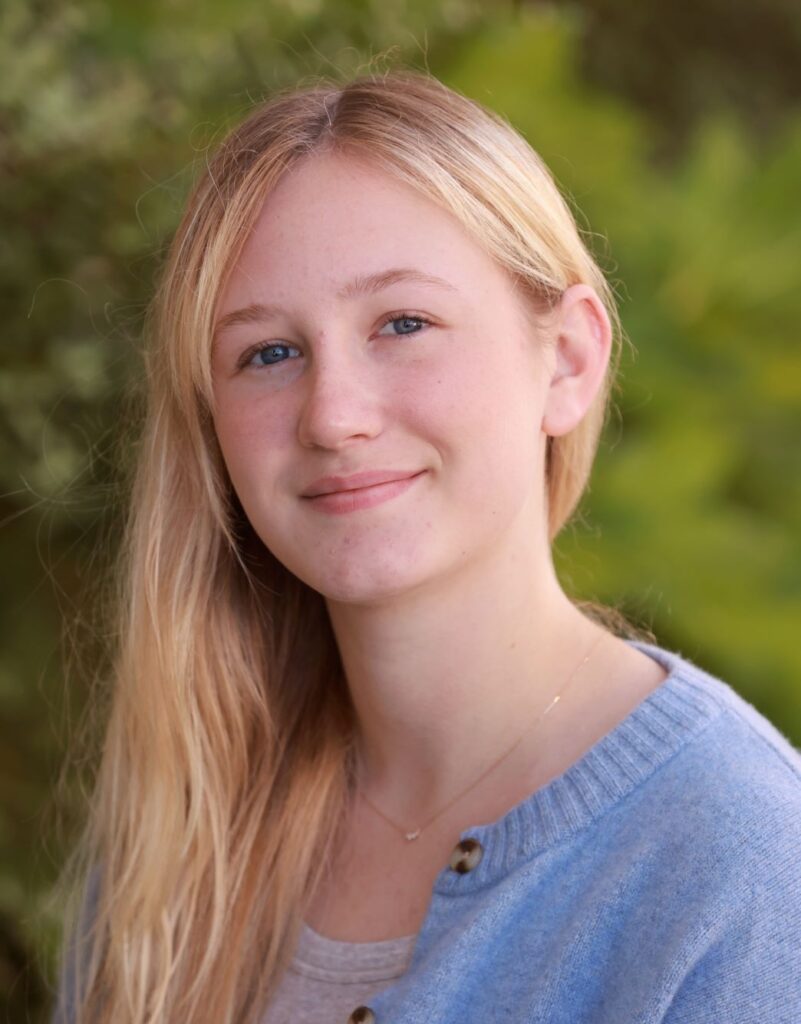
Q: What was it like to have PANS go undiagnosed for so long?
A: For most of my childhood, it felt like I was living with a monster within me; I knew it was there, I just couldn’t see it.
In elementary school, I clawed through days filled with headaches, brain fog, and focus difficulties, struggling with basic tasks like drawing shapes and throwing a ball around at recess. My writing fell in slanted lines across the page, and no matter how many times I rewrote each letter, the final product still ended up warped. I couldn’t make sense of how to orient the dishes in my family’s dishwasher, walk around in my neighborhood without indulging in OCD compulsions, or get any sleep at night due to the paralyzing fear of our house burning down. Each day was a marathon, and each night felt like reliving the pain of the last few miles all over again.
Lights were so bright they made my head spin—music, a cacophony I couldn’t understand anyone ever wanting to listen to. Subtle tics morphed into monstrous spasms, and before long, I was slapping myself in the face in front of everyone at school, just as surprised by my own jerky movements as they were. Despite being gifted in math from an early age, I inexplicably dropped out of the advanced section of my class, my ability to grasp shapes and visual representations of numbers quickly slipping.
Q: What challenges did you come across in finding treatment for the disorder?
A: My parents took me to countless doctors, but I still couldn’t find an answer. I began attributing much of these strange symptoms to one diagnosis I received, Generalized Anxiety Disorder, because it was easier than confronting the fact that there was so much I didn’t know and would never “get” about myself. One day, I was fine; the next, lethargic, paranoid, or destructive. The invisible monster I was battling constantly changed form and I could never predict the moment when any good day would turn sour. This lack of control over myself and my own life was not only debilitating, but terrifying, heartbreaking, and traumatic.
Every doctor had their own answer: Generalized Anxiety Disorder, ADHD, OCD, Oppositional Defiant Disorder, Social Anxiety, Autism. These misdiagnoses felt like false explanations about myself, and they complicated my struggle to remember who I was over all the noise. Over and over again, I was told that I was wrong about myself when I resisted these misdiagnoses—I was in denial, in opposition, obsessing, delusional. Diagnosed with mental illness after illness, I lost all credibility; no matter how much I fought against these false determinations of myself, it didn’t matter because of the very diagnoses themselves: I was obsessive, oppositional, crazy, paranoid, in denial, delusional. This psychological struggle of fighting for who I knew I was over all the noise of the false diagnoses was deeply traumatic; it bred further paranoia and anger, because no matter how I much I voiced the truth about myself and symptoms, I could not be heard, as I was no longer a reliable narrator in my own story.
Slapped with misdiagnosis after misdiagnosis, I went on medication that only exacerbated my symptoms, falling into a deep depression which left me hopeless and suicidal. Countless times, I begged for my parents to admit me to a psych ward; they knew it wouldn’t work.
It took me until I was sixteen years old to get the diagnosis I had been waiting for my entire life: PANS/PANDAS.
Q: What is the most frustrating part about dealing with PANS/PANDAS?
A: The most frustrating part about dealing with PANS/PANDAS is all of the lost time. I feel like I missed out on so much of my childhood stuck in a fog, and because I rarely felt like myself, I lost valuable time with friends and family. In the middle of a flare, it was so hard to find the fun in life, and so easy to lose hope in things getting better.
Now that I finally have my diagnosis, I would say the most frustrating thing about dealing with PANS/PANDAS is the lack of awareness surrounding it. When I tell people that I have PANS/PANDAS, I am almost always met with blank stares and confusion. This has made finding treatment difficult, as I am placed in a position where I always have to advocate for myself to doctors (and they sometimes won’t even believe my symptoms!). One silver lining of PANS/PANDAS is how it has taught me to self advocate and be resilient.
Q: How has PANS/PANDAS impacted you and your family?
A: PANS/PANDAS stole much of my childhood for me, and warped the fabric of my family in ways we are still trying to repair. For my younger brother, being a sibling to someone struggling with PANS/PANDAS was often exhausting and scary, and meant that he had to make a lot of unfair compromises.
When I was really sick with PANS/PANDAS, it was difficult to build and sustain relationships with my loved ones. During the worst of it, I withdrew due to severe anxiety and overwhelm, staying in my room during trips to visit extended family.
With ADHD-like difficulties, I found it exhausting to try to stay present and attentive for long dinner conversations, unable to sit still or resist fidgeting with the nearest small object. Typical activities like music lessons, going to a baseball game, or simply shopping at the mall were torturous because of PANS/PANDAS sensory challenges, and family vacations were often impossible. Now, I am typing this blog post on an overseas family vacation that would have been inconceivable just five years prior!
The greatest impact of PANS/PANDAS on my family is all of the lost time together, because I missed out on so much of being myself.
One poignant example is a lost relationship with my grandfather — though we were always kindred spirits, PANS/PANDAS lay a wall between the two of us. Because of my symptoms, I couldn’t find fun in the activities he did, and I missed out on valuable opportunities for connection in baseball games, road trips, or runs around the park. He died in 2020, a year before I got diagnosed and two years before my recovery, so I never got a chance to know him as my true self.
Q: Where are you now in your PANS/PANDAS journey?
A: I am doing so much better and am excited to move onto the other side of recovery. Right now, I am investigating potential triggers for my PANS. The most helpful treatments in my recovery have been Sporanox (antifungal) to battle mold, routine antibiotics, and NSAIDs like ibuprofen/Advil.
Now that I am feeling so much better with my PANS, I am dedicating time towards clearing a path for others. My goal is to raise awareness about PANS/PANDAS to make it easier for future generations of kids to receive proper diagnosis and treatment. I wanted to share my story to help others with PANS feel less alone, and create community through shared experience.
